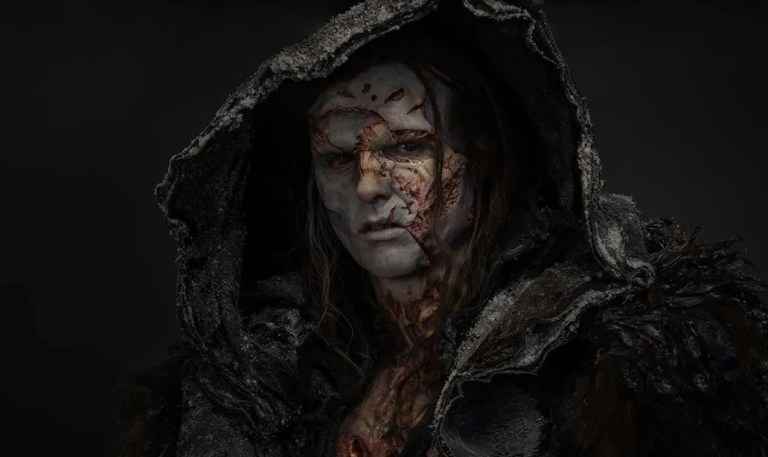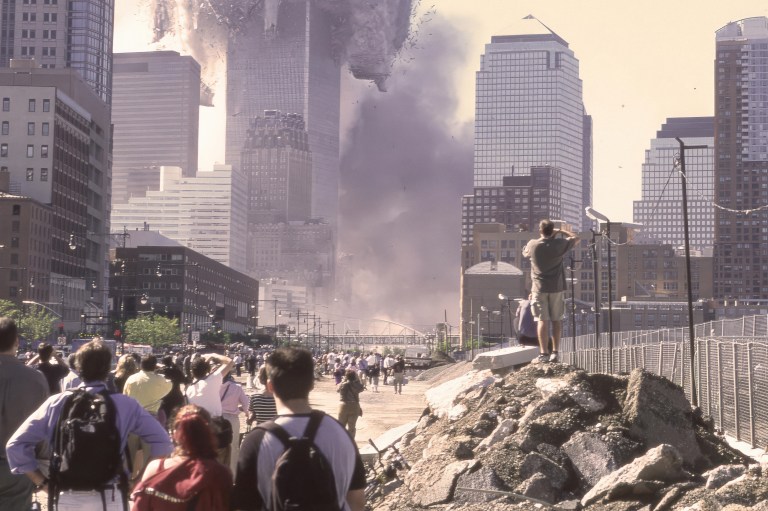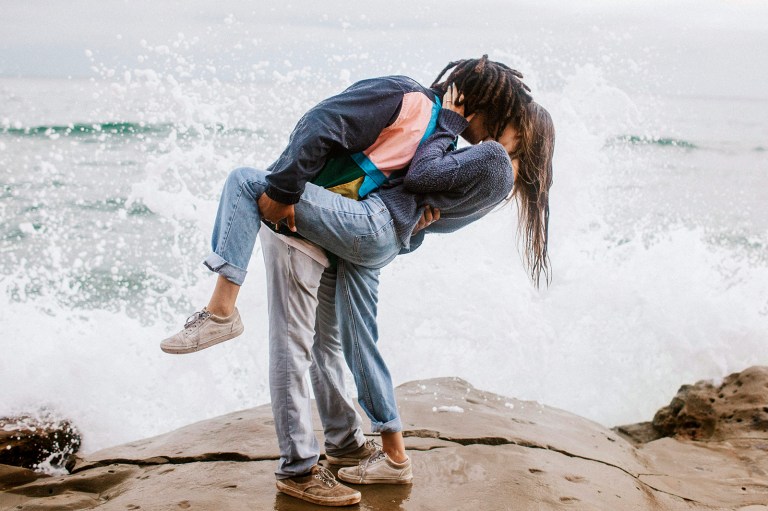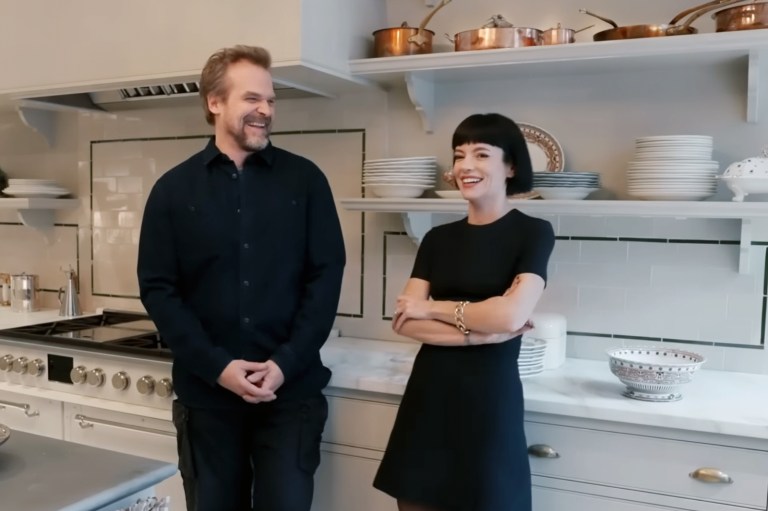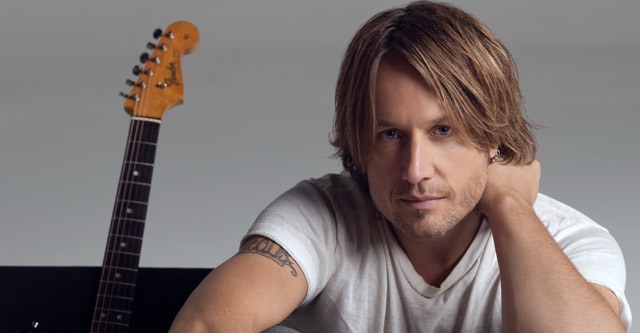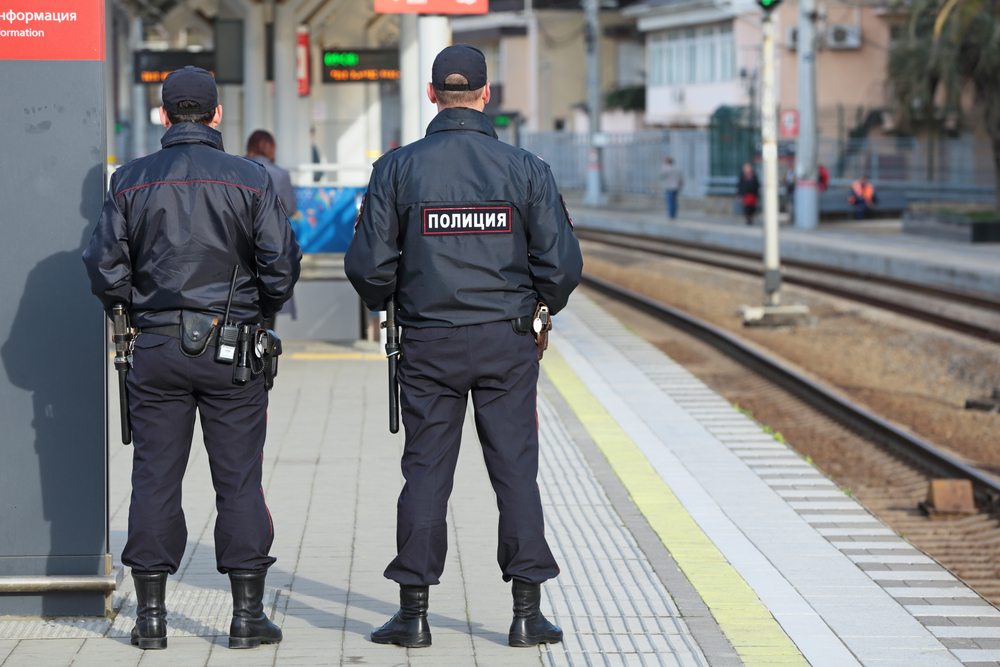
Why I’ve Never Respected The Police
Being a cop is the only profession where it’s not only appropriate to yell at strangers—it’s necessary.
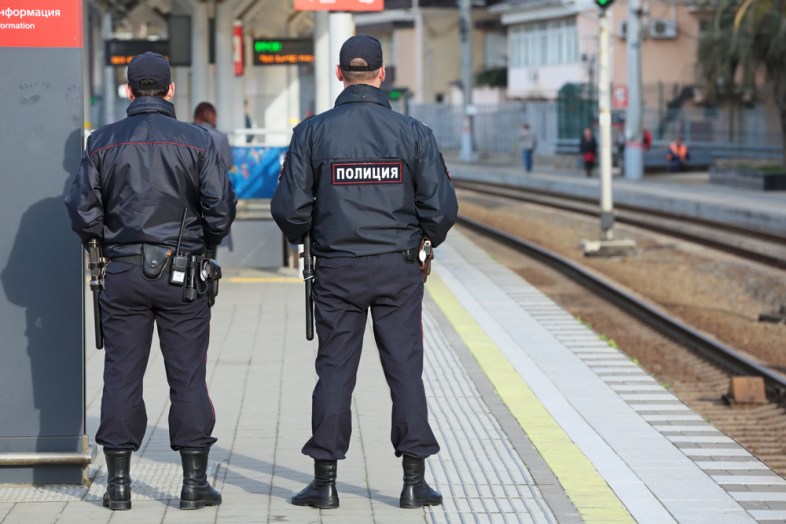
About a decade ago BBC Radio interviewed me about one of my books. “Michael,” the DJ said, “you seem to make fun of the police a lot in your book. Do you get into any trouble for that?”
The discussion had been a typically vapid one until that point, and this question seemed in line with that. I thought I’d give a response as typical and vapid as the question. “Well,” I said, “it’s like my father told me growing up: ‘No matter where you go, no matter where you find yourself in the world, the stupidest people are always the cops.’”
The interviewer literally gasped. “Michael! This is a family show!” he snapped, immediately changing the subject. I was baffled. Sure, I’d seen the degree to which people venerate police in red-state culture. But I had never encountered anyone who would find my statement to be noteworthy, let alone transgressive.
I was born in the former Soviet Union and came to the United States when I was two. Because I came to Brooklyn so young, I never considered myself particularly Russian. I only learned to read and write the language in college so I could get an easy A. My fluency was completely conversational and (apparently) heavily accented. At one point, my grandmother told me that I spoke Russian as if I had Down syndrome.
It is only recently, with the escalating segregation of the US into Team Red and Team Blue, that I’ve come to realize just how much being raised in a Russian household affected my thinking. And nowhere is this more evident than in my perspective on the police—or rather, my awareness of the American perspective on the police.
In Russian culture, the police are the enemy. If they come to your home, bad things come with them. I don’t mean “bad” like when the landlord tells you the hot water will be out for a couple of days. I mean “bad” as in your entire life and that of everyone in your family is going to be messed up very heavily and very quickly.
One corollary to this was that calling the cops is considered the worst thing you can do in terms of character. It is almost the equivalent of bringing a rabid dog to your enemy’s house. Yes, your enemy might get what’s coming to them. Maybe. Hopefully. But you’re still stuck with a savage beast to deal with, one that will be just as happy to bite anyone and everyone. And you brought this thing upon your own family? What kind of person are you?
As a consequence of our family culture, I didn’t grow up trusting the police. This was not something that needed to be taught to me. Children are naturally scared of strangers. Most kids hide behind their parents when an unfamiliar (“not of my family”) adult approaches. They are especially scared of authority figures. A call to the principal’s office is a moment of dread, not a ticket to Narnia. One needs to be taught to trust strangers, especially strangers who have nasty demeanors and wear ominous uniforms.
Republicans like to makes fun of progressives for what they describe as “political correctness.” One particularly biting description of political correctness is that of “a disciplined refusal to acknowledge reality.” As the claim goes, liberals pretend that facts they dislike simply aren’t true, even when those facts are perfectly obvious to everyone else.
But conservatives’ views on the police is its own version of political correctness.
Growing up in America, I constantly heard that I could trust the police. They were there to help me and to keep me safe. They were admirable, heroes even. I was told it in school, I read it in comic books, and it was one of the lessons She-Ra imparted to us at the end of an episode. Yet I couldn’t reconcile what I was being taught with what I was seeing with my own eyes. Yes, some police officers were more polite than others. But every single one of them presented themselves as trashy, tacky louts—and I say this as someone who grew up in a Mafia neighborhood, not Park Avenue.
These were not people with capes waving behind them. They were not aspirational figures, Lady Liberty at her best. These were people that I, as an immigrant, desperately wanted to avoid becoming. These were degenerates, America gone soft and repellent. Unless you are taught otherwise, unless you have blinders on, it is impossible to look at police and not see the worst-mannered people in your area. Yes, sometimes they produce good consequences—but so does chemotherapy. That doesn’t mean that people like chemotherapy. Nor is chemo something you want around except in the direst situations. And even then, you want it to be over as quickly as possible.
When we first came to the US, there were several times where my family was treated very poorly. I recall my mom crying one day because the doctor berated her about learning to speak English as she struggled to understand his technical explanations. As a consequence, I always acknowledge whomever I am interacting with as a fellow human. I don’t talk on my phone when the cashier is checking me out. I nod if I make eye contact with someone doing menial work. We’re both people. We might even both be terrible people, but consistently dehumanizing others can’t but lead to bad psychological experiences in the self. And my cost is nil.
But the police are different. Being a cop is the only profession where it’s not only appropriate to yell at strangers—it’s necessary. It’s to choose a career where you place yourself on a plane above everyone else, by law. Their argument goes that “someone” has to do it. Maybe that’s true. To defend becoming a cop is to give the Jack Nicholson speech in A Few Good Men. Perhaps there are a few good men in the police force. But they are far, far outnumbered by the bad apples because of the very nature of the role.
Physicians know to “first, do no harm.” Our legal system is based on the principle that it’s better one hundred guilty men go free than one innocent man be jailed. But being a cop doesn’t work like that. To wear a badge means to traumatize people who are innocent. It’s to harass adults who, upon inspection, have done nothing wrong. That is an unavoidable part of the job, a function of its statistical approach to justice. You put on a badge knowing that you will sometimes do the wrong thing. Once you give up your conscience, once you disregard your accountability for your ethical choices, you’ve given up the most basic thing that makes us human. Knowingly doing evil is as low as it gets. That, and that alone, is enough for me to condemn the police. Not just the “bad” cops, but each and every single one of them. ![]()
